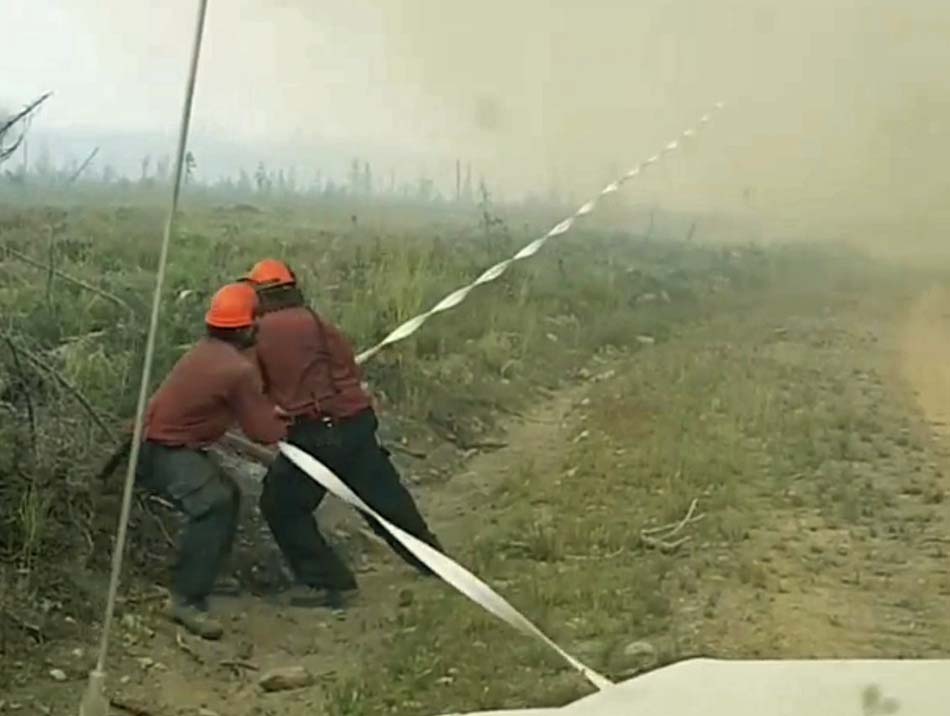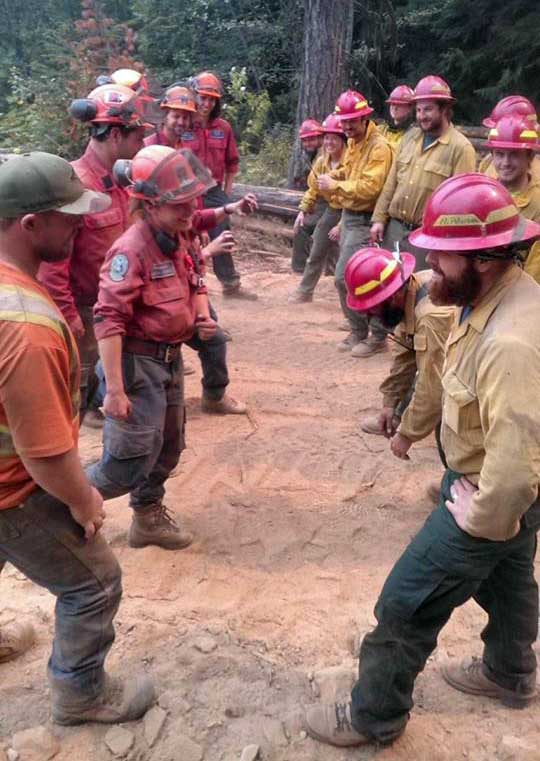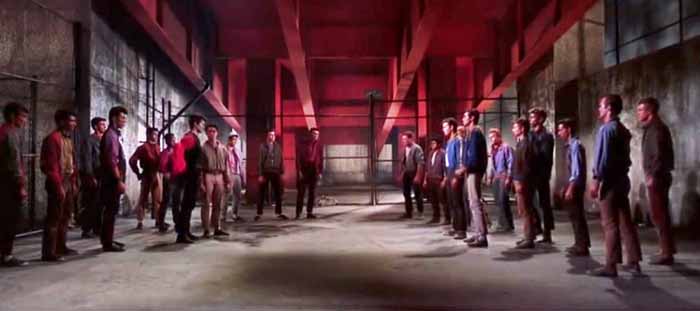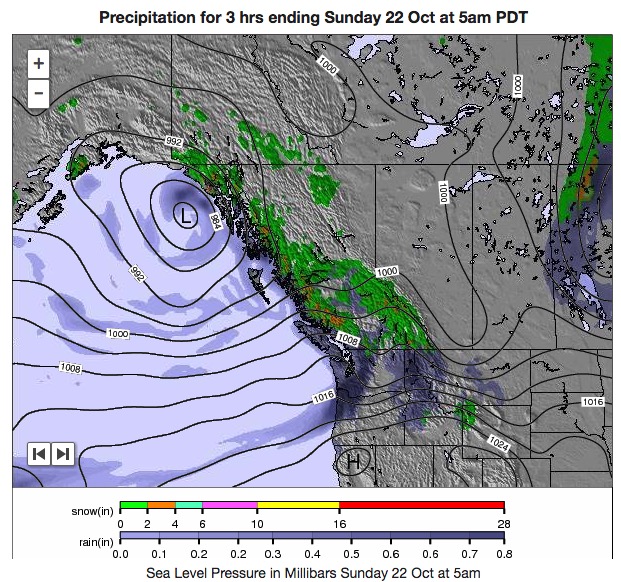
The United States government does not have a presumptive disease policy for their 15,000 federal wildland firefighters, but British Columbia is seeking to expand their program.
From The Canadian Broadcasting Corporation:
Firefighters who have battled British Columbia wildfires, fire investigators, and fire crews working for Indigenous groups will be eligible for greater access to job-related health compensation under legislation introduced Thursday.
Labour Minister Harry Bains tabled amendments to the Workers Compensation Act that extends occupational disease and mental health benefits to more people who work around fires.
The proposed changes will expand cancer, heart disease and mental health disorder presumptions to include the three other job categories, because Bains says those workers are often involved in the traumatic issues related to fires.
Presumptive illnesses faced by firefighters are recognized under the act as conditions caused by the nature of the work, rather than having firefighters prove their issue is job related to receive supports and benefits.
Bains says the government expanded the presumptive job-related conditions last year to include mental-health disorders for police officers, paramedics, sheriffs, correctional officers and most urban firefighters. He says firefighting is dangerous work that can have serious impacts on an individual’s physical and mental health.
“They will enjoy the same coverage as the other firefighters — the first responders — receive as part of giving them certain cancer protections, heart disease and injuries and mental health,” Bains said during a news conference after the legislation was introduced.
“These steps are very necessary to ensure our workplaces are the safest in the country.”







